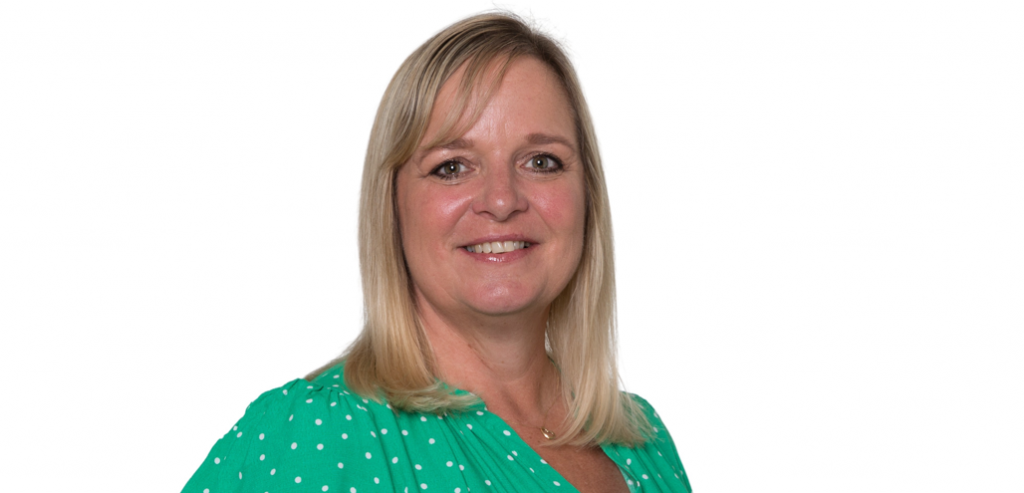Rehabilitation treatment and case management solutions provider HCML has appointed Samantha Hadley as clinical operations manager.
In her new role, Hadley (pictured) will play a key role part further developing HCML’s children and young people’s services, supporting the growth of the specialist rehabilitation case management team in response to increased demand. HCML has seen a rise in the number of cases with 42% increase in referrals year on year.
Hadley joins from Bush and Co where she was senior operations manager at where she supported more than 110 case managers across the country working remotely to support people with catastrophic injuries.
She began her career with the NHS and was the head of learning disability services at Northamptonshire Healthcare NHS Foundation Trust with responsibility for managing the community team for people with learning disabilities.
She also worked in child and adolescent mental health services (CAMHS) with young people experiencing mental health conditions.
Hadley said she was very proud to be joining the team and it would be implementing new interventions and streamlining processes to make sure that individuals get the help they need.
“I understand just how vital hands-on case management is for clients. At HCML, the child or young person comes first,” she said.
“We work really closely with the client and their family to understand what’s important to them and this underpins clinical recommendations. This is fundamental to providing a service that fits their needs, rather than fitting them into a service.”
Nick Delaney, CEO of HCML, added: “HCML is growing exponentially, and our children and young people’s services is an area of significant growth thanks to the unprecedented commitment of our results-driven team.
“The addition of Samantha will allow us to take this to the next level, ensuring that young clients and their families get access to the care and services they need to allow the best recovery possible and the ongoing support they need as they develop into adults.”
